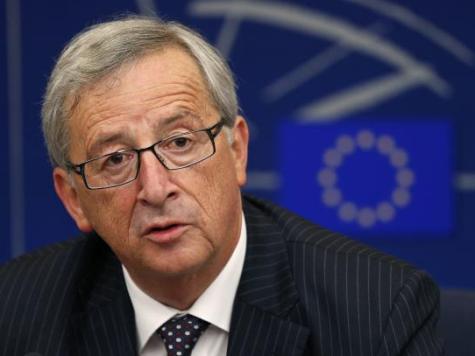Leaders of the 28 member states of the European Union failed in the early hours of this morning to agree how to share out the remaining three top jobs in Brussels, after tensions over the appointment of a new EU foreign policy chief made agreement impossible.
The European Council meeting ended in deadlock after member states from Eastern Europe insisted no decision could be taken on a replacement for Catherine Ashton as High Representative of the Union for Foreign Affairs and Security Policy, Herman Van Rompuy as president of the European Council and Jeroen Dijsselbloem as head of the eurogroup of finance ministers, until they knew what portfolios Jean-Claude Juncker, president-elect of the European Parliament, will give their new commissioners.
While the Eastern European leaders are insisting on more influence in EU institutions, forcing a deadlock may in fact have been a delaying tactic. Poland and the Baltic States are determined to block the appointment of the Italian foreign minister Federica Mogherini who is front-runner to be EU foreign policy chief.
The Eastern European leaders claim she has been too soft on Russia during the Ukrainian crisis. But before the council meeting started yesterday, nine centre-left leaders had pledged to back Mogherini for the post. Italy was threatening to put the decision to a vote to ensure their foreign minister got the post, and it looked likely Poland and its allies would be defeated.
The outgoing president of the European Council, Herman Van Rompuy, played down the deadlock, saying: “It’s a bit unfortunate but not dramatic at all. These things take time. I’m absolutely certain we will take the decision on Aug. 30.”
The 28 leaders however did agree to step up sanctions against Russia over violence in eastern Ukraine.

COMMENTS
Please let us know if you're having issues with commenting.